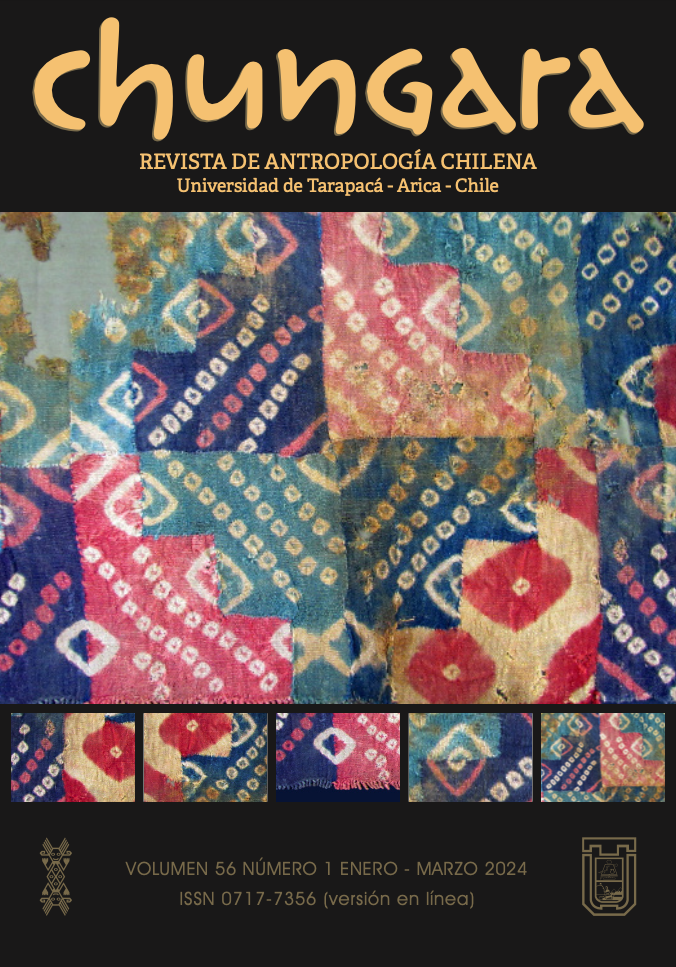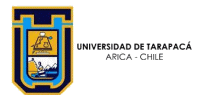COLONIALITY OF KNOWLEDGE AND EPISTEMOLOGICAL DOMINATION. ETHNOGRAPHIC CONTRIBUTIONS FOR AN ANALYSIS OF INTERCULTURAL BILINGUAL EDUCATION IN THE ECUADOR OF CORREISM
COLONIALIDAD DEL SABER Y DOMINACIÓN EPISTEMOLÓGICA. APORTES ETNOGRÁFICOS PARA UN ANÁLISIS DE LA EDUCACIÓN INTERCULTURAL BILINGÜE EN EL ECUADOR DEL CORREÍSMO
Marta Rodríguez-Cruz
The objective of this work is to analyze the mechanisms of reproduction of the coloniality of knowledge and the domination of indigenous epistemologies, based on the analysis of the materials and reading-writing instruments with which students work in different Andean and Amazonian schools of the Ecuadorian educational system during the Correísmo. The research methodology is cualitative and integrates ethnographic techniques: documentary analysis, participant and non-participant observation and semi-structured interviews. Starting from the recognition that interculturality is not possible without the “other” and without its decolonization, the findings reveal that, under the prostituted name of interculturality, these materials and instruments support the monocultural educational model of Eurocentric matrix within the logic of the coloniality of knowledge. The findings also show that in this scenario, some indigenous teachers are the ones who develop answering educational practices through which they transmit indigenous epistemologies, trying to alter the logic of the coloniality of knowledge.
Tags: indigenous peoples, Coloniality of knowledge, epistemological domination, interculturality







